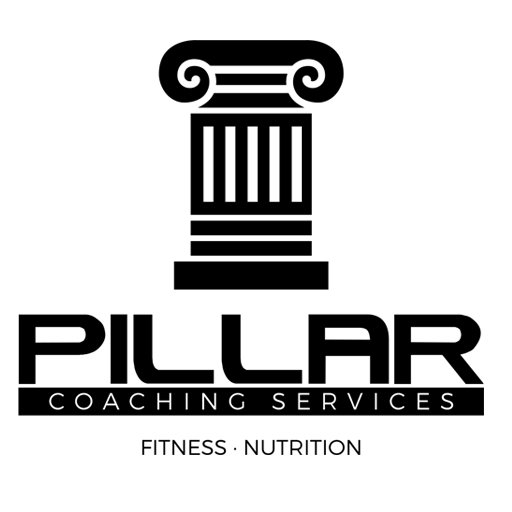Does TikTok promote diet culture?
TikTok is weirdly addictive.
Many people say that’s because of the app’s proprietary algorithm. It analyzes each user’s behavior and feeds them the videos that will most captivate them.
It’s also said that the algorithm has a dark side: Some have speculated that it prioritizes Western beauty ideals, disproportionately surfacing content that features white, thin, conventionally “attractive” people.
In other words, like other social media apps and much of the media, TikTok is thought to promote diet culture.
But what happens when people actively seek out body-positive, weight-neutral, and informational health content? Is it even possible to look at health content on TikTok without seeing diet culture’s influence?
A recent study published in the Journal of Nutrition Education and Behavior investigated. (1)
What the study found
The study’s setup was simple: The researchers took the 250 most viewed videos under the hashtag #healthylifestyle and categorized them based on the messages they contained.
They found a mix of positive and negative messages about health and body image.
For example, here were some of the most popular negative messages and the percentage of posts they were found in:
Focus on fat loss and weight loss (equating these with health): 38%
Body objectification (focusing on a body that’s deemed attractive by diet culture): 24%
Specific diet messaging (promoting one way of eating over others): 16%
Fat/weight stigmatization (saying it’s morally wrong or bad to be fat): 12%
On the other hand, there were some positive messages:
Anti-diet messaging: 10%
Body positivity: 7%
And 14% of the videos had contradictory messages within one video.
Think: “I love my body! And here’s the super restrictive diet I used to lose weight quickly!”
Overall, 149 out of 250 videos had negative messages, 42 had positive messages, and 35 had contradictory messages, with many of the videos with positive messages also delivering negative messages.
Takeaways
1. This study supports the idea that social media can be “toxic.”
For starters, there’s a lot more negative stuff out there than positive. And, of course, what’s out there isn’t necessarily trustworthy.
An influencer with zero health education can go viral by saying pretty much whatever they want—whether it’s true or not.
That’s not to say it’s ill-intentioned. To be sure, some of these creators probably think they’re sharing empowering, helpful information about how to live a healthy lifestyle.
But in reality, they may be perpetuating harmful body ideals that make people feel bad about themselves.
That matters, because what we believe about health and wellness is very much influenced by the content we consume.
2. Talk about social media use.
Especially with young people. The study reports that 25 percent of active TikTok users are between 16 and 24 years old.
And people in this age group are at a critical point in their body image development, which means they’re especially vulnerable to negative messages.
The researchers also cite that about 85 percent of young people get most of their health information from the Internet and social media.
Plus, there’s an association between disordered eating and viewing health content under specific hashtags like #fitspiration. (2)
Of course, this isn’t just relevant to folks under 25. Anyone can be influenced by what they see.
For all these reasons, it’s always worth discussing what you consume on social media, why you consume it, and how it’s serving you.
And it might go without saying, but we’ll say it anyway: It’s also worth considering the kind of messages you’re putting out on the socials.
*
In my own experience, social media proved both helpful and harmful.
It was helpful for connecting with others, building community, sharing information, and improving my writing and photography.
It was harmful because it encouraged me to chase attention from others, feel bad about myself via comparison, and pay more attention to a digital world than the real one.
I used the coaching and science shared in these emails to change my relationship with social media and improve my health, and for now, I don’t use it at all!
Your media diet is just as crucial as your nutritional diet,
Michael Beiter
Certified Personal Trainer
PN L1 Sleep, Stress Management, Recovery coach
References
Raiter N, Husnudinov R, Mazza K, Lamarche L. TikTok Promotes Diet Culture and Negative Body Image Rhetoric: A Content Analysis. Journal of Nutrition Education and Behavior. 2023 Oct 1;55(10):755–60.
Boepple L, Ata RN, Rum R, Thompson JK. Strong Is the New skinny: A Content Analysis of Fitspiration Websites. Body Image. 2016 Jun;17(17):132–5.
